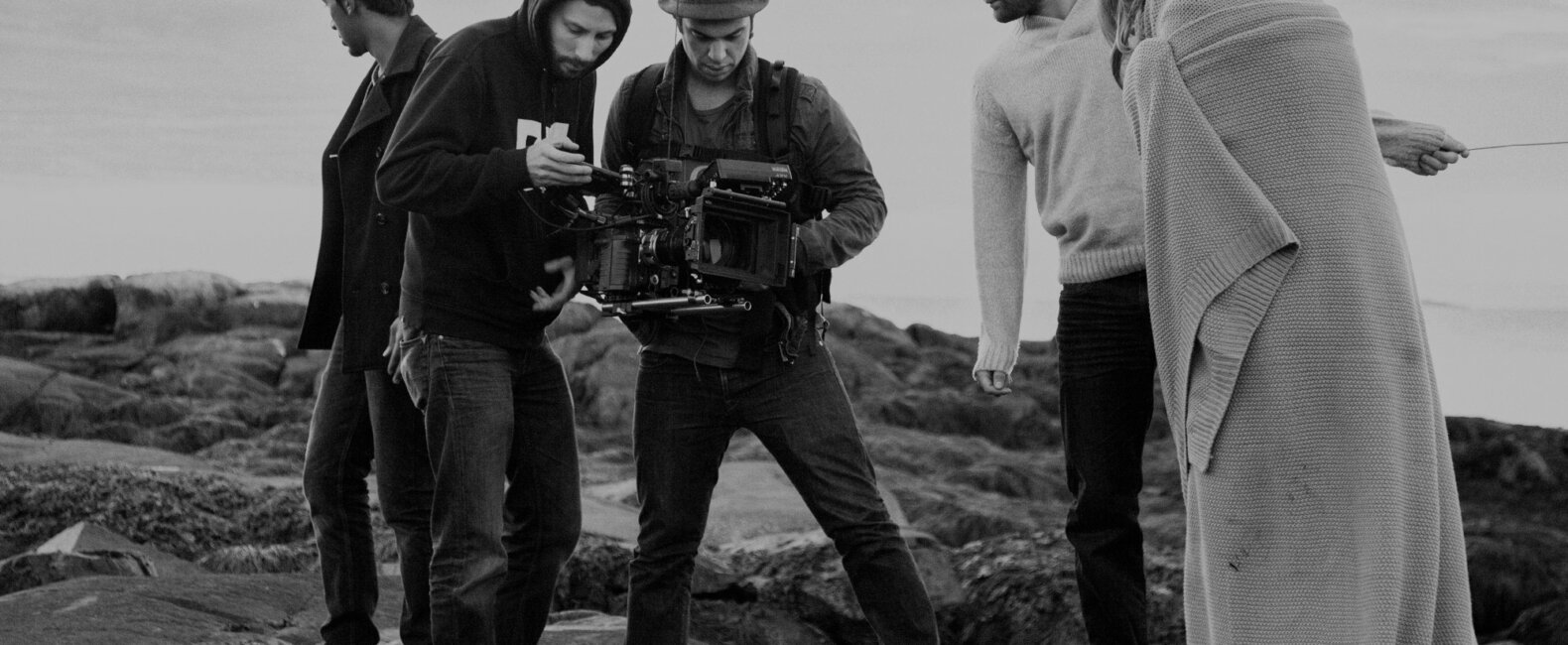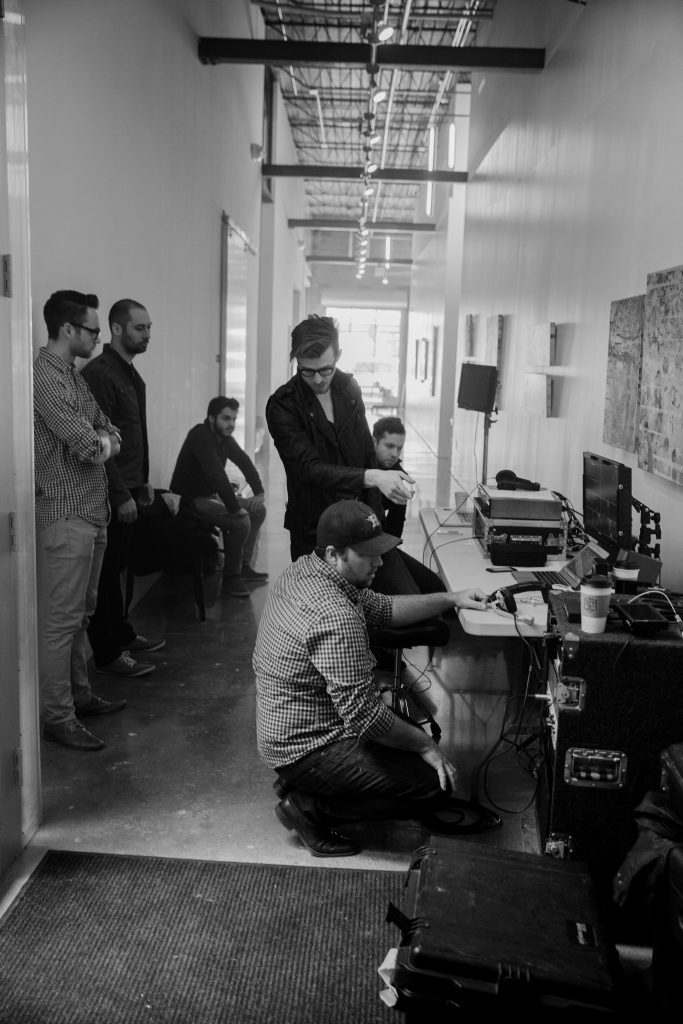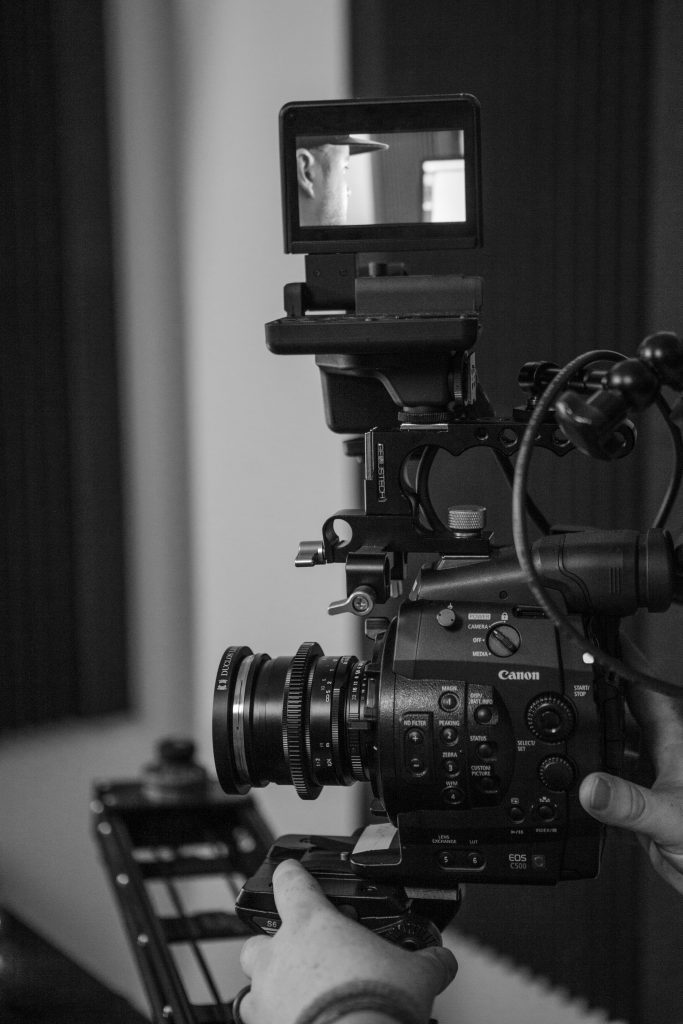If you we were to list all the reasons why you should listen to Lenore DeKoven’s advice about becoming a better director, it would take a long, long time. So we’ll just list a few: Lenore has worked as a director and producer in theater, film, and television. She has taught at UCLA, NYU, and Columbia, and has been a member of Columbia University’s Graduate Film division for more than 20 years. And on top of all that, she wrote a book, Changing Direction, that has been recommended by everyone from Ang Lee to our good friend Salomon Ligthelm.
When it comes to directing, this woman knows what she’s talking about.
Check out our conversation with the wonderfully kind and insightful Lenore DeKoven.

ROLL THE CINEMATIC PLAYLIST WHILE YOU READ
How long have you lived in New York?
I was born in Chicago, but I’ve lived in New York most of my life with the exception of a couple of years in LA here and there. I think I’ve spent about seven years in LA, but Manhattan is my home.
I want to talk about your book, but first I’d love to hear more of your story, how you got into theater and film.
How I got into it is pretty standard because my father was an actor. He did about 60 plays on Broadway. He was a renowned radio actor back in the days when there was radio. I followed him around when I was just a little kid. My mother used to take me to meet him at the theater, and one of the plays I remember was a big spectacle. In this big spectacle, there was a young boy who seemed to be having a wonderful time. I thought, That’s something I think I’d like to do. His name was Sidney Lumet. Of course, as you know, Sidney became a very great director. That was my initial exposure.
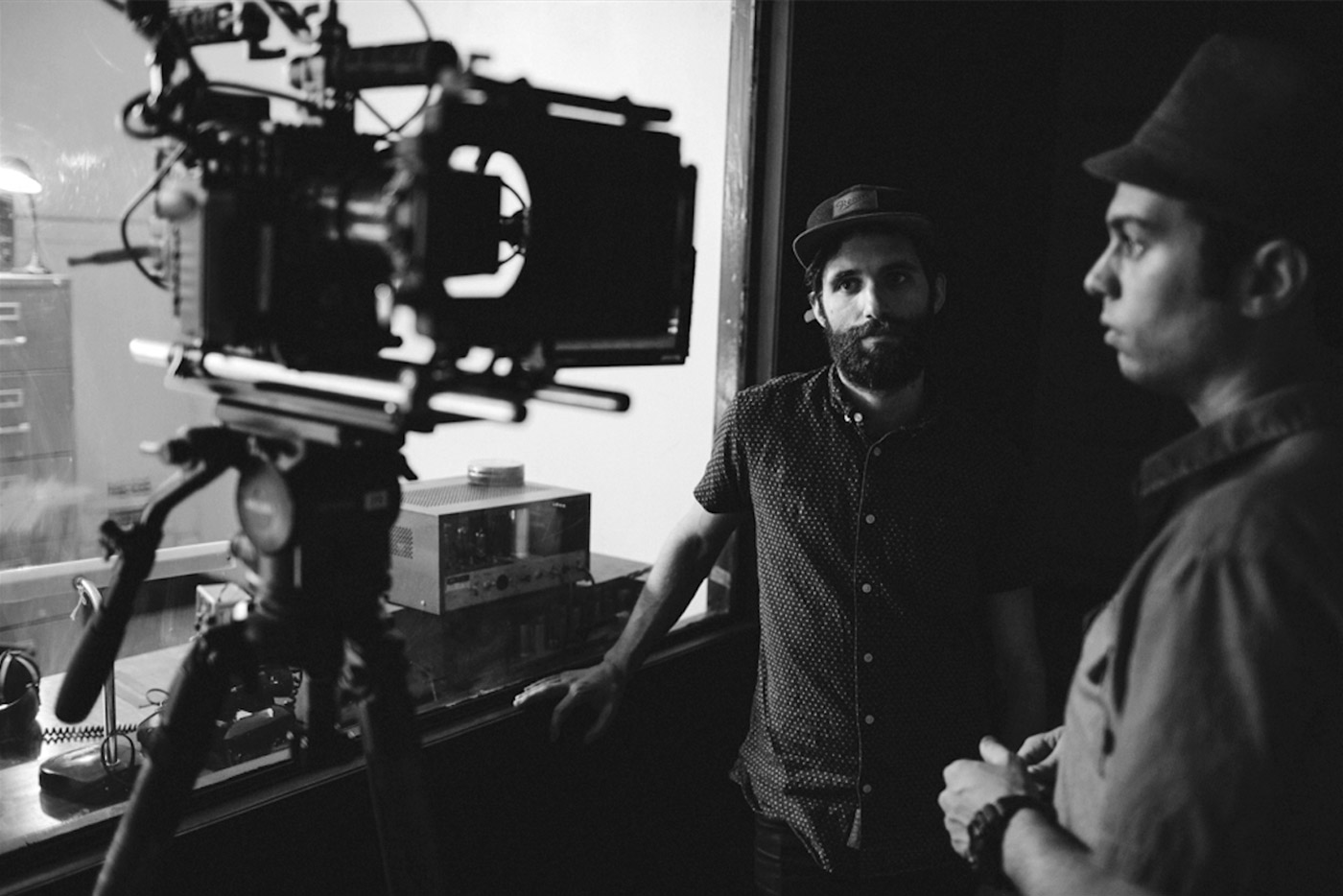
One day I was sitting in the lobby of a radio station, waiting for my father to come out so we could go to dinner, and a frantic producer ran out and said, “Little girl, can you read?” I said, “Yes.” He said, “Our little actor got sick, and we’re going on the air in 10 minutes. Can you come in and do this part?”
I was missing some teeth at the time so I had a lisp. I’ll never forget the line I had to read. Everybody teased me about it for 50 years after. The line was, “Rose of my heart, be thou my spouse.” It came out, “Rothe of my heart, be thou my spouth.” But still, everybody congratulated me and made a big fuss. It was inevitable that I was going to have a career in the theater, in entertainment. As I grew up I began working as an actor, and as an actor I realized that one of the biggest problems everyone was having was communication with the director. The director spoke one language and the actors spoke another.
When I started teaching acting in universities, I realized there was nothing there to improve communication. I ended up creating the discipline of directing actors. I mean, everyone knew that was part of the job — everyone realized that it was important — but it wasn’t really addressed specifically as a discipline. I started at UCLA but wanted desperately to come back to my home city, so I began teaching at NYU. One of the biggest gaps that I noticed universally was the lack of collaborative courses. Everything was quite separated. But I feel that our art is all collaboration, and that’s something that everybody needs to learn if they’re going to be successful in film or theater. So I made it my quest to improve the dialogue between directors and actors.
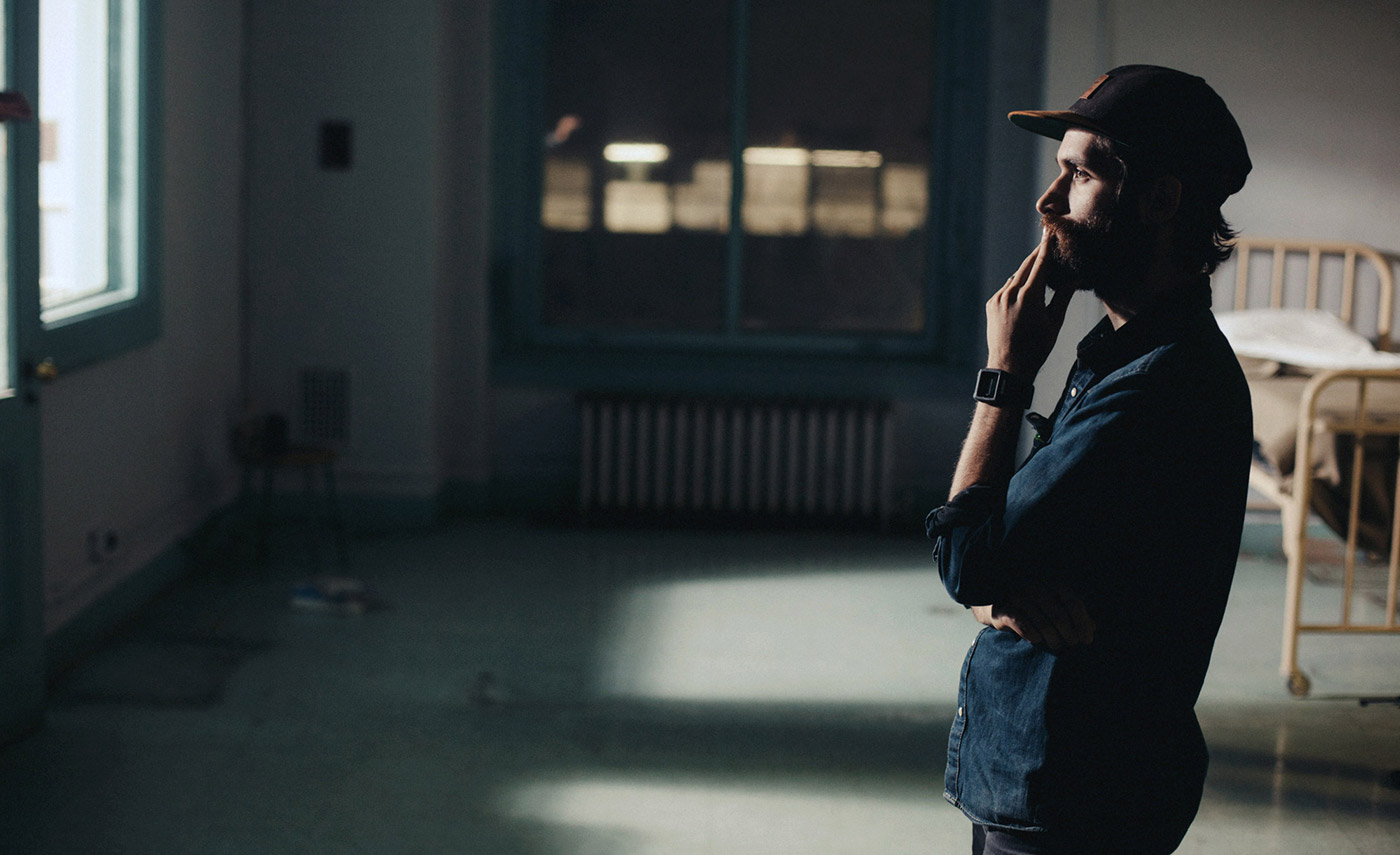
You mention in your book that you were reluctant to write a book at all.
I found it extremely difficult, even though I was writing things that I’d been teaching for 20 years at Columbia and 7 years before that at NYU. But so much of what I do involves human behavior, which is so dynamic and visual it’s very hard to write down. Every human being is different. Every brain is different. Everything that the body expresses as a result of a certain catalyst is different. You have to see it. I did finally write the book, but I thought of it as an introduction to the possibilities.
Is there any way to boil down what it takes to be a good director?
{Laughs} Life.
Life?
The answer is so long that the only way to boil it down to one word is to say Life. You need to know life because that’s what we’re doing in theater and in film — we’re re-creating human behavior. We’re re-creating life. If we don’t know about life, it’s very hard to make people believe it.
Are there common mistakes you see young directors make when they’re trying to direct actors?
Oh yes. The most common mistake is that a young director isn’t sure that he or she is getting through so they keep talking. They talk too much. Talking is probably the least constructive thing a director can do. Actors do not want to hear a lot of talk.
What I tried to do in my approach was to create a shorthand of communication, buzzwords that would trigger the brain without the brain getting crowded with a whole bunch of extraneous vocabulary and speech. Because what happens is that the director keeps talking and the actor’s brain gets clogged.
So — this is a tough question — for a new director, how do you recommend they go about studying life? Should they be watching a ton of films? Should they be people watching at the airport? Reading books? How do they actively improve their understanding of life?
I think the first thing that has to happen is they have to make themselves more aware. Especially the new generation coming up with their heads in their phones. They’re not seeing what’s going on. They’re not watching and they’re not using their sensory perception. By sensory perception, I mean not only seeing but hearing and smelling and touching, all the things that you need in order to understand what’s going on around you.
I think that a would-be director needs to take it all in. They need to train themselves to really watch, to really listen. You can’t re-create something unless you have a memory of it. Change your location. Go out into the country and think about how the air smells different.
Directors have to train themselves to be aware all the time. Marlon Brando once said that his classroom was the subway. Another classroom is a restaurant. Another classroom is just the street in a city. I mean, watching people behave, you store up a reserve of material that you might need at any given time. Let’s say you walk into a dentist’s office and there’s a waiting room. How do people behave in a dentist’s office? You have to watch and study.
It’s something that everyone can do but hardly anyone ever does — make themselves observant all the time, take everything in. I’ll often ask students to get up in front of the class, close their eyes, and tell us what we’re all wearing. Usually they have this very general impression without any specifics, without any detail. In our work, especially in film, detail is essential. It’s all about detail.

I wonder if relying on devices gives us a very generic picture of the world. When we do a Google image search for something, we all see the exact same things. We all get the exact same answers.
You’re getting a secondhand version of it instead of allowing yourself to experience it. You say, “Well, I saw it in that film so I’ll duplicate that.” Or, “I see it on my phone so I’ll duplicate that.” But secondhand isn’t really valid. You’re translating someone’s translation.
So, for a director, firsthand experience is important?
Major. Absolutely major. That’s why I say living and experiencing and traveling are the first things that I would advise any young director to do. And not just do it, but really soak it up like a sponge. Because once you’ve experienced something, it’s always going to be there, whenever you need it.
Does a young director have more work cut out for them then, since they probably haven’t experienced quite as much?
I don’t know if they’ve had less life experience. We live in harsh times. There’s a lot going on, people are shooting people, and people are running over people in the street. There’s a lot of extremes, a lot of political chaos. We live in a very violent era. In a way, the question is whether or not young directors are opening themselves up to that. Are they reading? Are they watching? Are they listening? Are they looking at contemporary art? Listening to music?
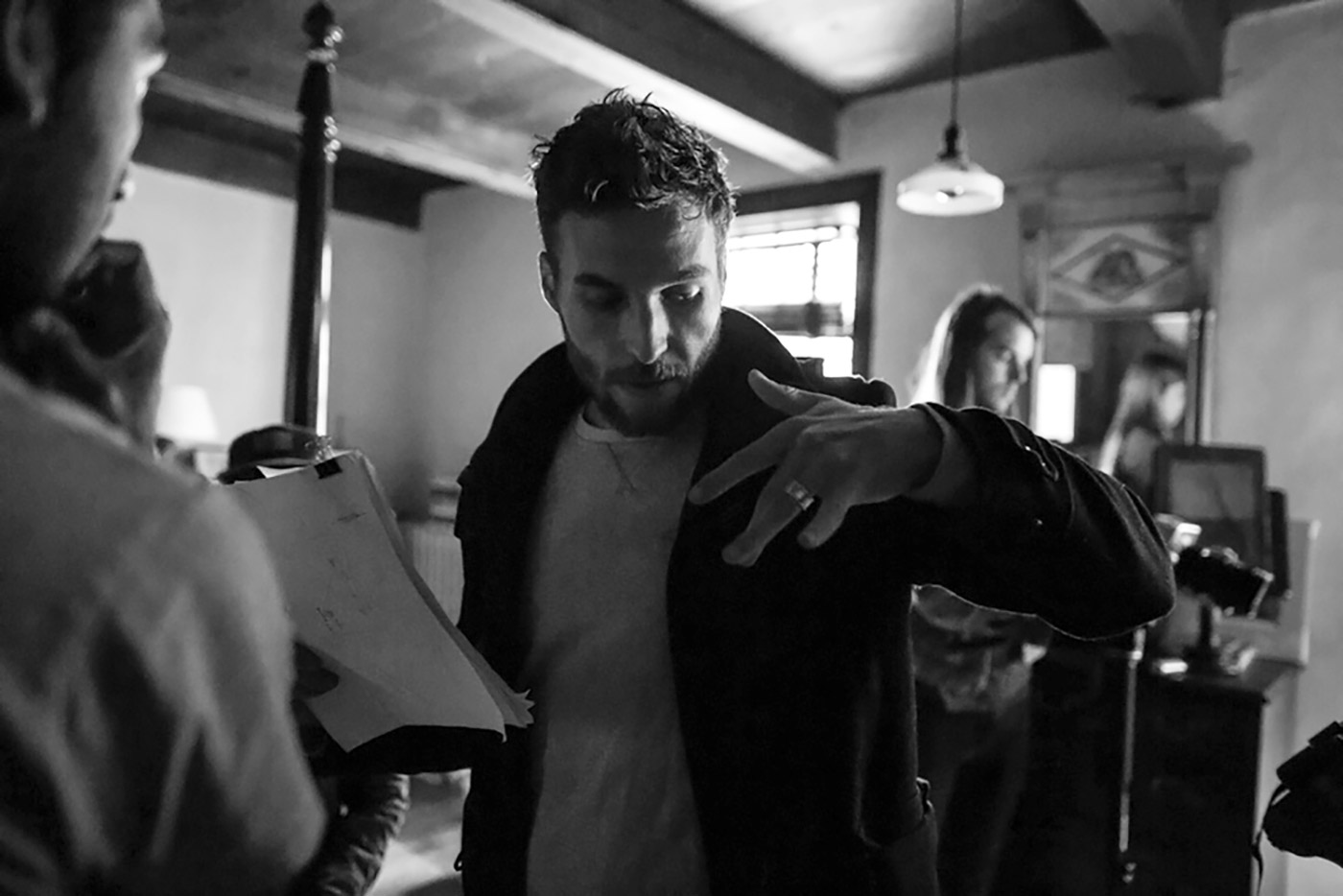
And then, of course, there is the whole wonderful reservoir of films from the golden age. Somebody like Scorsese, that’s what he does: steals a little bit from column A, steals a little bit from column B, puts it together into a wonderful film because he’s been very clever about watching everything and picking up what he can use.
The key for anyone who wants to be a director is that you can never sit still. There’s so much that can be done, and so many people you have to collaborate with and bring on board. You have to know everything. The crew will expect you to know everything. You will be bombarded with questions.
This is why the other thing I say to young directors is that it’s so important to be prepared. You have to do your homework. You have to really devote time to the script and know every question that might be asked. It’s a lot of work. But a director who is unprepared will lose the trust and confidence of the team. Homework is of primary importance.
Is there a certain type of person who makes a good director?
That’s an interesting question, but hard to answer. I was going to say you have to be a good collaborator, but then I think of Woody Allen. He’s anything but a collaborator. He doesn’t interact well. He dances to his own drum. I think I said this in the book, and if I didn’t, I should have: The only rule in our business is that there are no rules.
I do feel that someone who wants to be a director needs to really feel comfortable in a leadership position. I mean, that’s so much a part of what we have to do. We have to pull a whole team along with us and make them work for us, make them believe in us and trust us. If someone is more of a loner, more withdrawn, someone who has difficulty interacting, I would say directing is going to be a tough road for them.
But hey, look at Woody Allen. There really aren’t any rules.

If you’re interested in learning more from Lenore, check out her book, Changing Direction. There are 216 pages of wisdom to glean.















































































